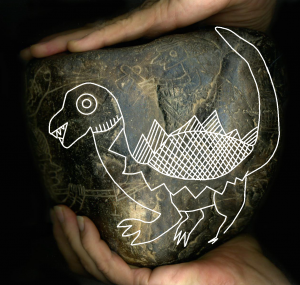To the ones who refuse to comment but simply mark the scientific data on this thread with a negative:
People often react to a paradigm shift with a range of emotions and resistance, often struggling to adapt to the new way of thinking and understanding. The initial stages of a paradigm shift can be marked by confusion, disorientation, and fear, as individuals try to reconcile the old with the new. There's also a tendency to resist the new paradigm, as it challenges existing beliefs and practices.
Here's a more detailed look at the typical reactions:
Resistance:
Individuals may cling to the old paradigm, viewing the new one with skepticism or outright rejection. This resistance can stem from a fear of the unknown, a desire for stability, or a reluctance to abandon well-established ways of thinking.
Confusion and Disorientation:
The transition period can be disorienting, as individuals grapple with the new information and concepts while still holding onto the old ways. This can lead to feelings of confusion and uncertainty as they try to make sense of the shift.
Fear:
A paradigm shift can be unsettling, as it challenges deeply held beliefs and assumptions. This can lead to feelings of fear, particularly if the new paradigm appears to threaten one's status, position, or way of life.
Excitement and Anticipation:
On the other hand, some individuals may be excited by the possibilities that the new paradigm presents, seeing it as an opportunity for growth, innovation, and a better future.
Release of the Old Paradigm:
Ultimately, individuals must release their previous way of thinking before they can fully embrace the new one. This can be a difficult but necessary step in the transition process.
Embracing the "Messy Middle":
The transition period, often referred to as the "messy middle," is a space of tension and transition where new habits are formed, new perspectives are adopted, and new possibilities are explored. It's a time of growth and learning, but also one of potential discomfort.








